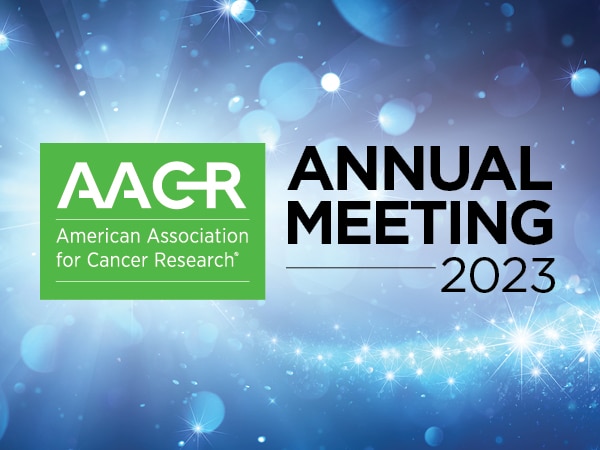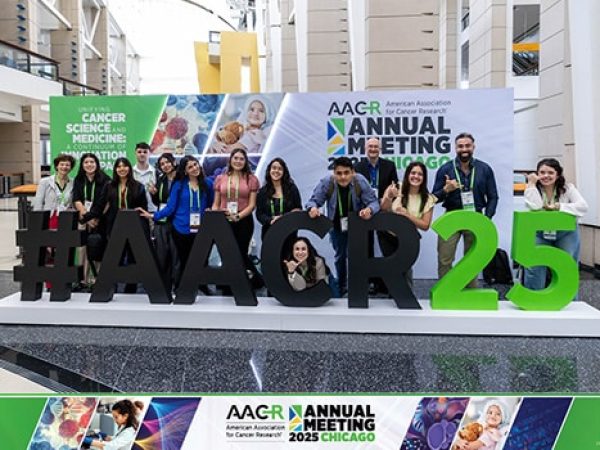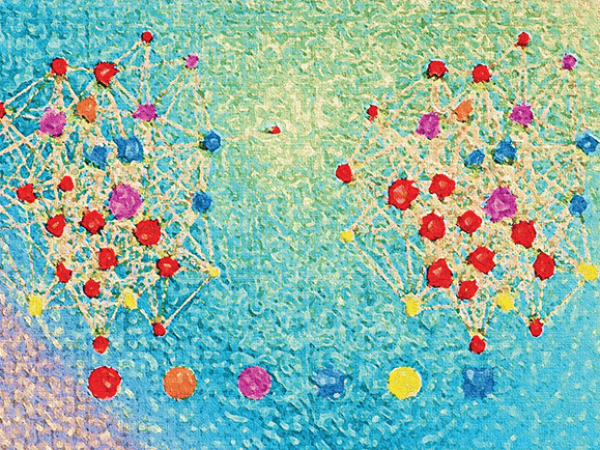AACR Eliminates Membership Dues for Countries Building Cancer Research Capacity
The American Association for Cancer Research (AACR) has members in 142 countries and territories around the world, many in countries that have different resource capacities than nations like the United States. While this can include low- and middle-income countries, it also applies to more economically developed countries that are still in the midst of building or improving upon the systems in place to support researchers. So, what does it mean for cancer researchers in those countries to be a member of the AACR?
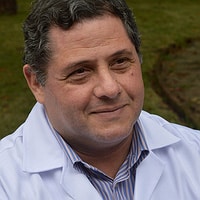
“As a community, AACR sets the standards for scientific work in our field,” said Roger Chammas, MD, PhD, professor of oncology and chair in at the Center for Translational Research in Oncology at the Instituto do Câncer do Estado de São Paulo in Brazil. “AACR stays ahead of the emerging trends in cancer research, publishing discoveries across its various scholarly journals and sharing them through meetings, specialized conferences, and educational workshops, all while emphasizing the importance of professional mentorship.”
For Sok Ching Cheong, PhD, AACR is more than a professional organization. “It’s a gateway to the latest in cancer research and a platform for global collaboration,” said the chief scientific officer at Cancer Research Malaysia.
To expand global collaborations further and support its mission to eradicate cancer worldwide, AACR recently announced that it is waiving membership dues for current and future members living in certain countries/territories that meet a newly defined set of criteria evaluating available support for cancer research. To achieve this, AACR first developed a proprietary formula that went beyond income-level data to also examine the funding available for individuals to conduct cancer research and the support they receive for professional development. This new economic classification model now incorporates information from the World Bank and the Human Development Index as well as regional- and national-level research and development funding health expenditure data.
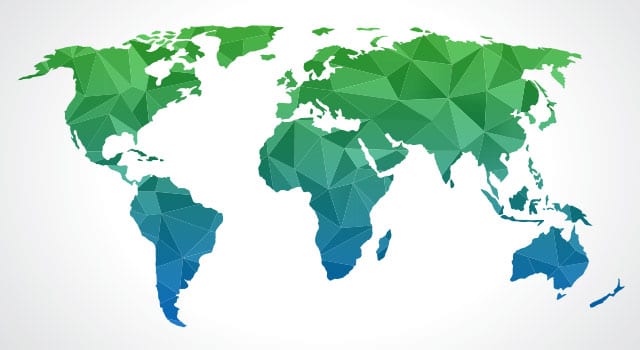
“As the world’s first and largest cancer research organization, AACR is proud to say that almost a third of our more than 58,000 members reside in countries and territories outside the United States. We are deeply committed to serving our members across the globe and taking into account the lived experiences of cancer researchers and the funding sources they have available,” said AACR Chief Executive Officer Margaret Foti, PhD, MD (hc). “The new classification system will allow for a more inclusive membership, and one that better reflects the unique circumstances of cancer research capacities in different countries and territories around the world.”
Under this new model, countries/territories are now separated into one of two categories: “high cancer research capacity” and “building cancer research capacity.” More than 170 countries fall into the latter category where AACR membership dues are now eliminated. China is the only country that moved from the lower research capacity level to the higher capacity level, but membership fees there will remain the same for the upcoming year.
Members of AACR receive numerous benefits including substantially reduced registration rates for the AACR Annual Meeting, sponsorship privileges for abstracts for presentation at the AACR Annual Meeting, access to summer training workshops, funding and award opportunities, a complimentary digital subscription to an AACR journal of choice. discounted publication charges for articles published in the journals, and much more.

“By offering access to high-quality information, education, and unique programs, AACR’s innovative policy of providing free membership to researchers from low- and middle-income countries fosters a sense of belonging,” Chammas said. “This initiative will strengthen global ties, fostering connections and enhancing collaboration between researchers from countries with advanced research capacity with those from the Global South, accelerating capacity building worldwide.”
From the other side of the world, Cheong said that this initiative will not only help address global cancer-related challenges, but also those unique to each country. Ultimately, she said it will “enhance our collective efforts in cancer prevention, detection, and treatment.”
If you are interested in becoming an AACR member, learn more about the application process. If you are a current member located in one of the “building cancer research capacity” countries/territories, learn more about the changes and the membership renewal process.

